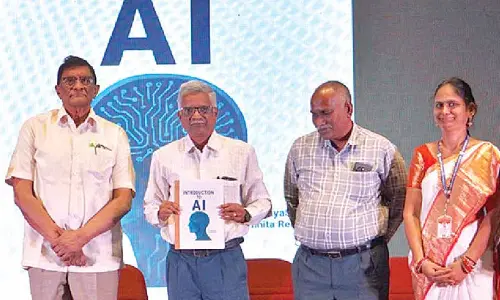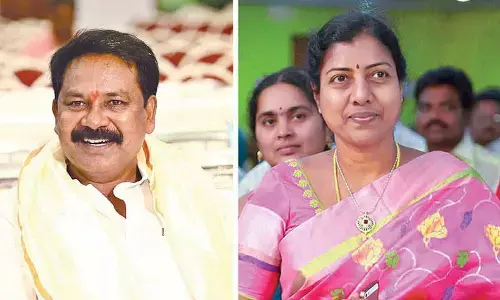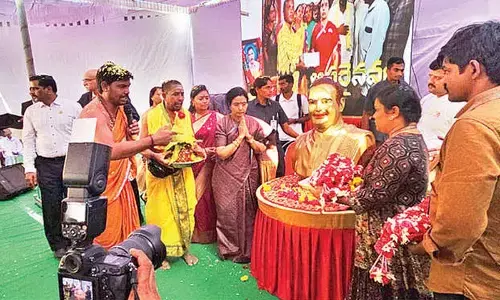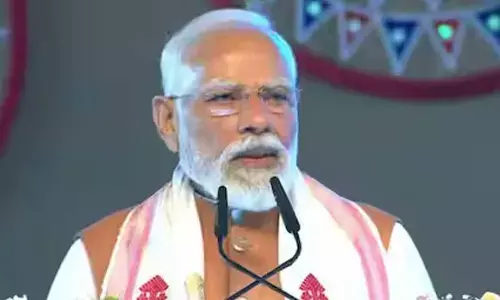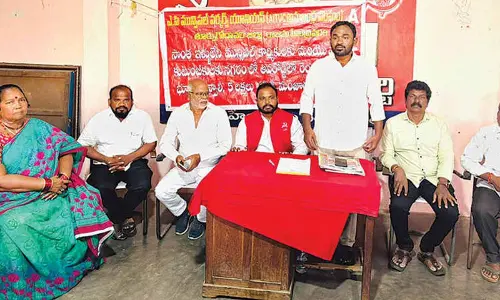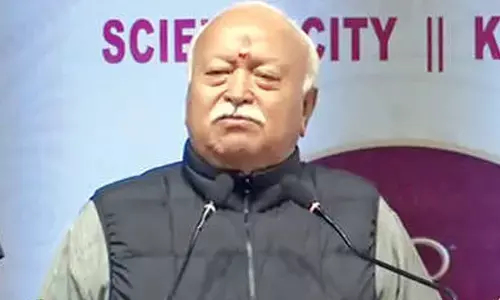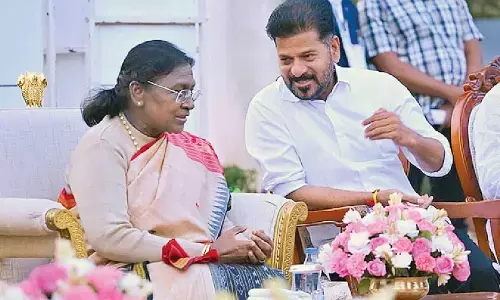Gandhi Jayanti 2024: Inspirational Quotes and Key Facts About Mahatma Gandhi for International Day of Non-Violence
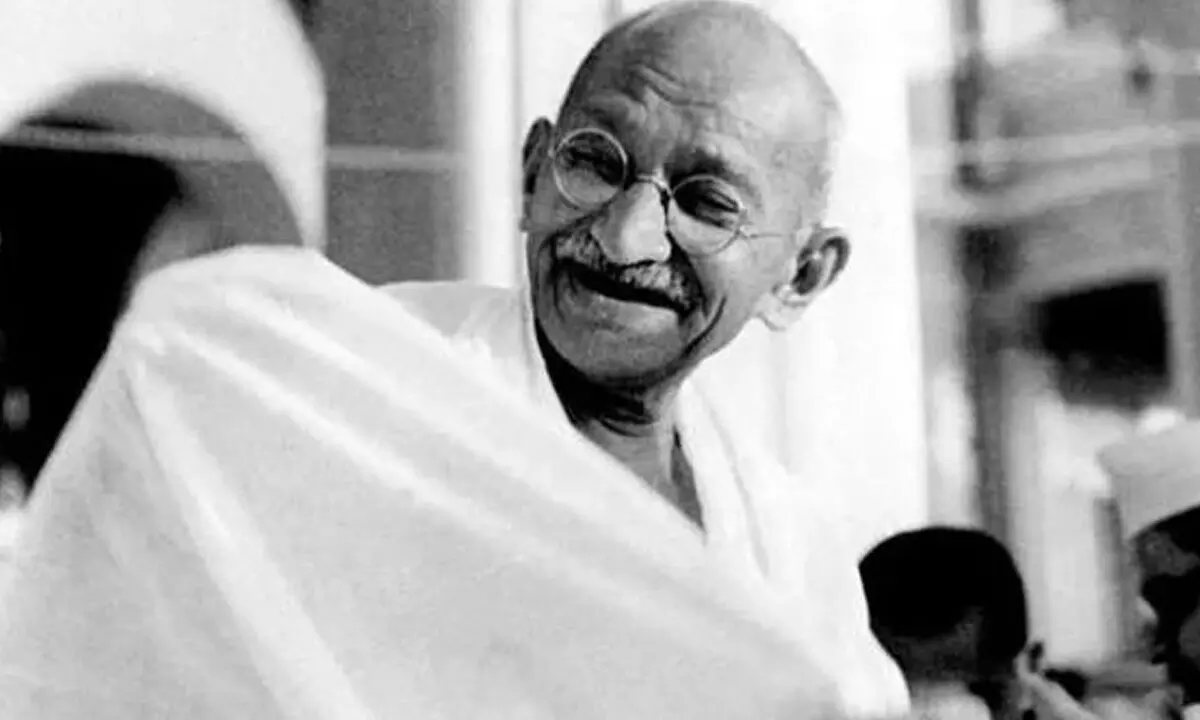
Mahatma Gandhi, renowned as the Father of the Nation, was born on October 2, 1869.
Mahatma Gandhi, renowned as the Father of the Nation, was born on October 2, 1869. This year marks the 155th anniversary of his birth. India commemorates Gandhi Jayanti every year to honour his significant role in the country's struggle for independence and his enduring philosophies. The day is also a national holiday in India and is observed globally as the International Day of Non-Violence.
Mahatma Gandhi's Role in India's Freedom Struggle
Mahatma Gandhi, affectionately known as "Bapu," was pivotal in India’s independence movement. His unwavering belief in ahimsa (non-violence) and truth formed the foundation of India's battle for freedom from British colonial rule. Gandhi's teachings continue to inspire movements advocating peace and justice worldwide.
Inspirational Quotes by Mahatma Gandhi for International Day of Non-Violence
• “Happiness is when what you think, what you say, and what you do are in harmony.”
• “An eye for an eye only ends up making the whole world blind.”
• “The weak can never forgive. Forgiveness is the attribute of the strong.”
• “You must be the change you want to see in the world.”
• “Strength does not come from physical capacity. It comes from an indomitable will.”
• “Earth provides enough to satisfy every man's needs, but not every man's greed.”
• “In a gentle way, you can shake the world.”
• “The greatness of a nation and its moral progress can be judged by the way its animals are treated.”
• “A man is but a product of his thoughts. What he thinks, he becomes.”
• “Live as if you were to die tomorrow. Learn as if you were to live forever.”
Interesting Facts About Mahatma Gandhi
Early Life and Marriage
Mohandas Karamchand Gandhi was born in Porbandar, Gujarat, on October 2, 1869. He was married to Kasturba at the young age of 13, and together they had four sons.
Life and Activism in South Africa
In 1893, Gandhi moved to South Africa to practice law. His experience of racial discrimination there, particularly being removed from a train for sitting in a first-class compartment, ignited his fight against inequality. He spent 22 years in South Africa, actively working against racism.
Return to India and Political Activism
After returning to India in 1915, Gandhi, under the mentorship of Gopal Krishna Gokhale, travelled the country for a year before engaging in political work. His first significant political action was the Champaran Satyagraha in Bihar in 1917, a movement that addressed the exploitation of farmers by British landlords.
Leadership in India's Independence Movement
Gandhi led several pivotal movements in India’s independence struggle, including the Quit India Movement, Civil Disobedience Movement, and Non-Cooperation Movement. His leadership galvanized millions to protest British rule through non-violent resistance.
Advocate for Vegetarianism
Throughout his life, Gandhi maintained a strict vegetarian diet. In his book The Moral Basis of Vegetarianism, he highlighted the benefits of consuming fresh fruits, vegetables, curd, seeds, and nuts.
Champion for the Eradication of Untouchability
Gandhi was a strong advocate for the abolition of untouchability. In 1932, he began using the term "Harijans," meaning "Children of God," to refer to untouchables, in an effort to uplift their social status.
Promotion of Khadi and Self-Reliance
One of Gandhi's key efforts was promoting the use of khadi—handspun cloth—to revive India’s cottage industries. He encouraged Indians to adopt khadi as a means of resisting British industrial goods and fostering self-reliance.
The Global Celebration of Non-Violence
Mahatma Gandhi’s birthday is observed worldwide as the International Day of Non-Violence, a tribute to his unwavering commitment to peace and non-violent activism.
Recognition by Time Magazine
In 1930, Mahatma Gandhi was named Time Magazine’s Person of the Year, an acknowledgment of his impact on world affairs through non-violent resistance.
Assassination
Mahatma Gandhi's life came to a tragic end when he was assassinated on January 30, 1948, at the age of 78. His legacy continues to inspire people globally to strive for justice through peaceful means.








